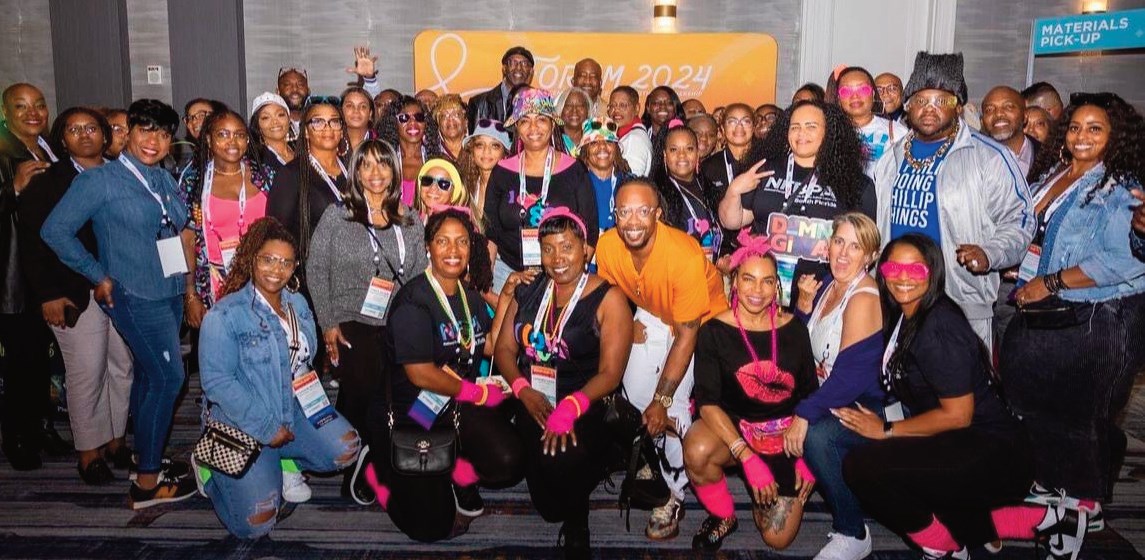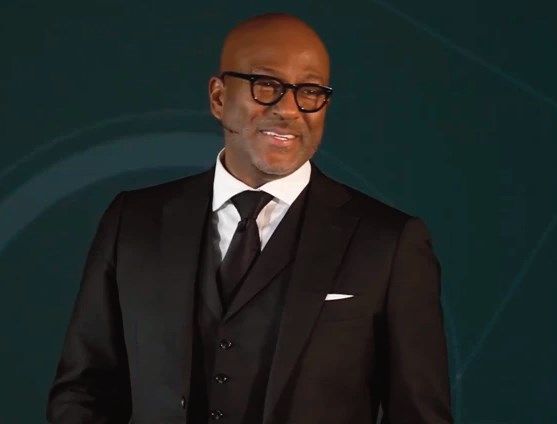By HAZEL TRICE EDNEY
TriceEdneyWire.com
NASHVILLE, Tenn. — An attempt to unseat three judges in an upcoming election here is nothing less than a “raw power grab” by rightwing special interests using big money to buy control of the courts, says the head of a non-partisan organization of lawyers.
“It is a raw power grab is what it is. Their campaign against these justices are based on a series of lies, half-truths, misstatements and material omissions,” said Charles Grant, president of the bi-partisan Nashville Bar Association (NBA), which has endorsed the retention of the judges. “It has huge implications nationally because, if they can do it here, they can do it anywhere.”
The Tennessee Supreme Court justices up for retention on Aug. 7 are Cornelia A. Clark, Sharon Gail Lee and Gary R. Wade. They were originally appointed by Democratic Gov. Phil Bredesen.
Their opponents are Lt. Gov. Ron Ramsey and other Republicans backed by wealthy political operatives, some from outside the state, including the billionaire Koch brothers of Wichita, Kans., according to widespread media reports. Ramsey’s strategy includes using a 30-page Powerpoint presentation which is seen as an attempt to scare voters by claiming, in part, that the incumbents are soft on the death penalty and are “anti-business.”
Grant says those claims are false and undermine the integrity of the process.
“It is chock full of misstatements, it’s misleading, it has substantial omissions, sometimes it attributes to these judges opinions that were written by the Court of Appeals, for example. And when confronted with all of this misleading information that he is putting out to the public about the quality of these justices’ work, he will come right out and say, ‘It’s not my job to tell their side of the story,’” says Grant, the bar association’s first black president.
“What is it that they hope to accomplish? They hope to control the court. That’s what they hope to accomplish. They don’t want independence. They want control,” he said.
In Tennessee media reports, Ramsey has defended his actions, saying, “I’m telling my side of the story and they’ll get to tell their side of the story. Every campaign tells half of the story … They tell their side of the story and the people decide.”
The incumbent judges are not allowed to speak out to defend themselves in the same manner as someone running for a political office. Because of codes of conduct, they must appear impartial at all times and avoid public confrontations that could warrant a conflict of interest later. They can’t speak publicly on specific cases or ask for campaign contributions.
Grant says though the incumbents’ critics accuse them of being soft on the death penalty, they have in fact affirmed 90 percent of the death penalty cases before them.
With regards to the “anti-business” charge, Grant contends, “It is not the justices’ jobs to be leaning one way or the other. That is not what we want them to do. We want them to decide the cases based on the facts and the law without favor, without prejudice to one side or the other.”
Grant maintains that historic principles that have allowed for major progress in America are also at stake.
“If Supreme Court judges had been subject to special interests, we would never have had Brown v. Board of Education. We would never have had the landmark decision that dismantled segregation and state-enforced discrimination through laws like Jim Crow and racially restrictive covenants and red-lining by banks and all of those things that enforce racism and racial oppression,” Grant argues. “So we need to have some kind of check on this power to make sure the basic constitutional rights and the Bill of Rights are protected.”
The 40-year-old merit selection process by which judges are chosen in Tennessee is quite common in states across the U. S., including Florida. Candidates are intensely vetted through a bi-partisan nine-member judicial evaluation commission which then recommends three judges to the governor for any vacancy on the Court of Appeals or Supreme Court.
When the eight-year term is up, the judges are re-evaluated by a commission which then makes a public recommendation on whether the judge should be retained. If the commission decides against the retention for a judge, he or she must face voters. If the commission decides a judge should be retained, his or her name will be placed on the ballot for the public to review their record and to review the panel’s recommendation and determine whether they should be replaced.
The panel has recommended that Clark, Lee and Wade be retained but they still are under partisan attack. Grant fears their retention bids could fail because of what he describes as the smear campaign against and the money that is backing it.
“It is about buying influence,” Grant says. The judges’ critics are going after them because they “do not kowtow to special interests.”
“When a special interest or group wants to target a judge, it’s kind of easy to identify, to take one of their 100 opinions or whatever, to misstate the facts or misstate the law or completely mislead,” he said.
Grant and the bar association are not alone in their advocacy for fairness in the process. On July 15, a bi-partisan group of district attorneys came out in support of the three judges, saying they have outstanding records and deserve to be retained.
Also, Mickey Barker, a Republican and former chief justice of the Tennessee Supreme Court, has been quoted as calling the anti-retention campaign “frightening” because it would turn the Tennessee Supreme Court into a “partisan branch of government.”
Trial lawyer Lew Conner, also a Republican, recently held a fund-raiser of his own to help the judges in their retention bid. “This is about a system being wrongfully attacked, and Ramsey is the attacker,” Conner was quoted in the Tennessee Watchdog.













No Comment